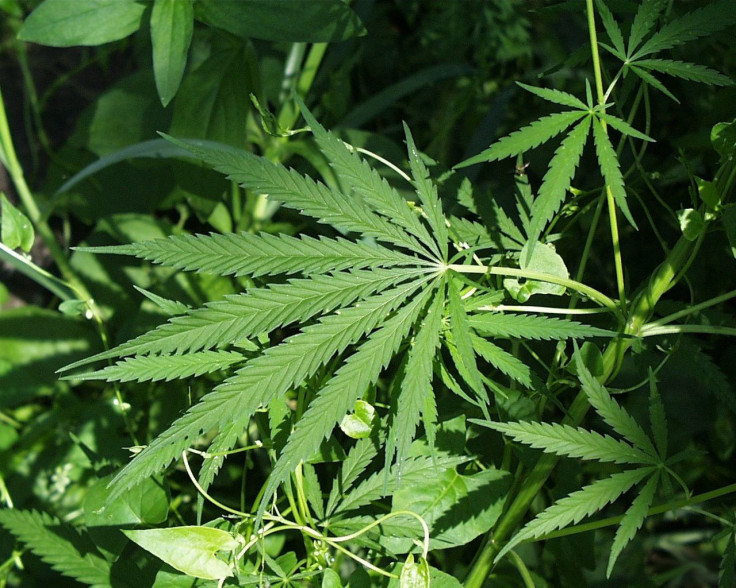Marijuana Chicago 2015: Cook County Weed Reform Policy Seen As Good For Blacks

It’s no secret that African-Americans in the U.S. are more likely to face arrest and prison time for possession of marijuana and other drugs despite there being no evidence that blacks use drugs at higher rates than whites. After the Chicago area’s top prosecutor announced Monday that her office would stop pursuing minor marijuana cases, local lawyers and marijuana reform activists said blacks are increasingly benefiting from a national trend that steers nonviolent drug offenders away from the life-upending experience of jail and toward treatment.
Anita Alvarez, the Cook County, Illinois, state's attorney, said she would not prosecute low-level drug offenses, would dismiss misdemeanor marijuana cases, and instead divert nonviolent offenders with addictions into social programs and medical treatment facilities. “I believe we need to focus on the violent crime, and unfortunately we see the violent crime here in Cook County,” Alvarez said Monday in a press conference.
Few in Chicago’s legal community know the potential impact of the policy shift better than newly appointed Cook County Public Defender Amy Campanelli, who has worked 28 years as a criminal defense attorney. In the Chicago area, where blacks account for about a quarter of the population but nearly three-quarters of all marijuana arrests, too many futures have been damaged unnecessarily by the current policy, she said.
“I can’t imagine that it would not keep some of them out of the jail forever,” Campanelli said of the program during a phone interview. “But they’ve got to have a good social services agency to be diverted to. I am willing to collaborate anytime with Anita Alvarez to help my clients stay out of prison.”
In Cook County, conviction for possession of more than 30 grams of marijuana carries a penalty of up to three years in prison and a $25,000 fine. Even misdemeanor possession of 15 grams or less can upend a first-time offender’s life, Campanelli said. It costs the county $143.70 daily to house offenders in the Cook County Jail. Nonviolent drug offenders often lose their jobs in addition to their ability to apply for student and other federal loans, restricting economic opportunities and increasing the likelihood that they will return to prison, she said.
In 2014 alone, Cook County prosecutors handled more than 15,000 misdemeanor cases, the Chicago Tribune reported. But ticketing by police has reduced the number of arrests, according to city and state officials.
Over the last five years, Cook County marijuana arrests among blacks have been more than double the figure for whites, according to Illinois' criminal justice statistics agency. While arrests among both races have decreased during that time, blacks have consistently made up about 70 percent of marijuana arrests in Cook County.
Cristin Evans, the spokeswoman for the Illinois Criminal Justice Information Agency, said statistics were unavailable for Hispanic arrests because state police first began collecting data for that group in January.
In 2012, Chicago took a step toward reducing incarceration for minor possession by adopting an ordinance allowing police to ticket someone caught with up to 15 grams of pot. The fines range from $250 to $500, but blacks were seen as less likely to benefit from ticketing because of a policing strategy that incentivizes getting offenders in police databases for use in future investigations, said Dan Linn, executive director of the Illinois chapter of National Organization for the Reform of Marijuana Laws. Still, Linn said, “I see this as a good step. This fits into a broader narrative in the country.”
Last year, the office of the district attorney for Brooklyn, New York, shifted its stance on prosecuting low-level marijuana cases. As in Chicago, blacks in New York City have been more likely to face arrest and jail time for possession, according to a study by the National Survey on Drug Abuse and Health. And lawmakers across the country have increasingly taken up legalization of medical marijuana and are debating decriminalization of low-level possession.
"Big cities like New York and Chicago have an impact on these issues," Linn said, likening the policy changes to the end of the alcohol Prohibition era. "Once New York and Illinois did away with Prohibition, there was the domino effect that led to the [national] repeal."
© Copyright IBTimes 2024. All rights reserved.






















